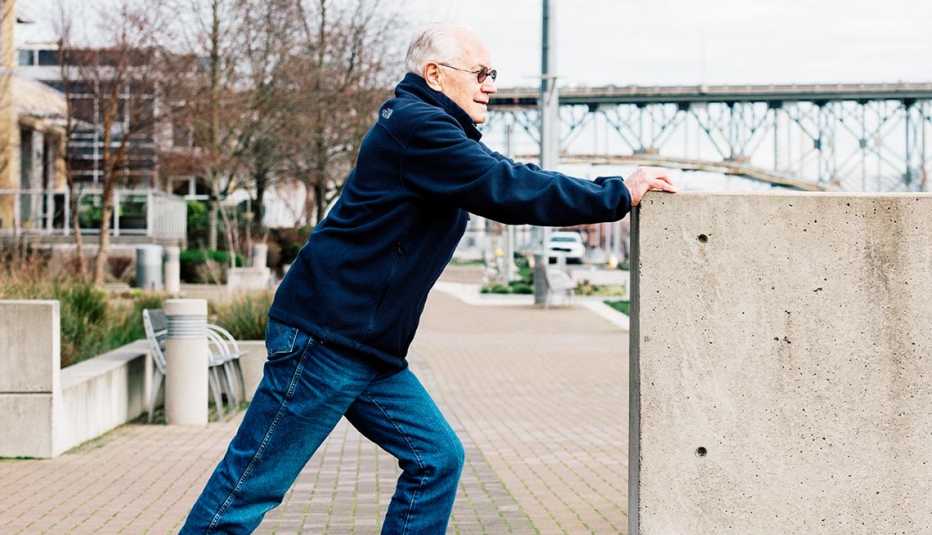Yazmir, 76, was a careful consumer of health care, but there was a lot to juggle.
“They are all excellent physicians,” she said of the specialists treating her 83-year-old husband.
“The cardiologist looks at the heart.
The oncologist and urologist deal with the prostate.
The pulmonologist deals with his lungs.
The hematologist deals with anemia.”

But none was in a position to grasp all the issues her spouse was dealing with.
So she reached out to a doctor who specializes in older patients thegeriatricianwho had treated her mother years earlier.
It took four months to get an appointment, but Yazmir said she is glad she did.

Now the geriatrician helps watch over everything, and checks in with other doctors if questions arise.
“You need a quarterback,” said Yazmir, “someone who understands the whole process.”
A geriatrician is a medical doctor who is trained to meet the special health issues of older people.
And diseases and medicines can have a different impact on older people.
Geriatricians often work as part of a team that might include registered nurses, pharmacists and physical therapists.
A shortage becoming severe
It’s a critical role, becoming increasingly important as America ages.
Yet these specialists are in short supply, and the shortage is becoming more severe.
The United States will need more than 23,000 new geriatricians by 2030, according to the American Geriatrics Society.
